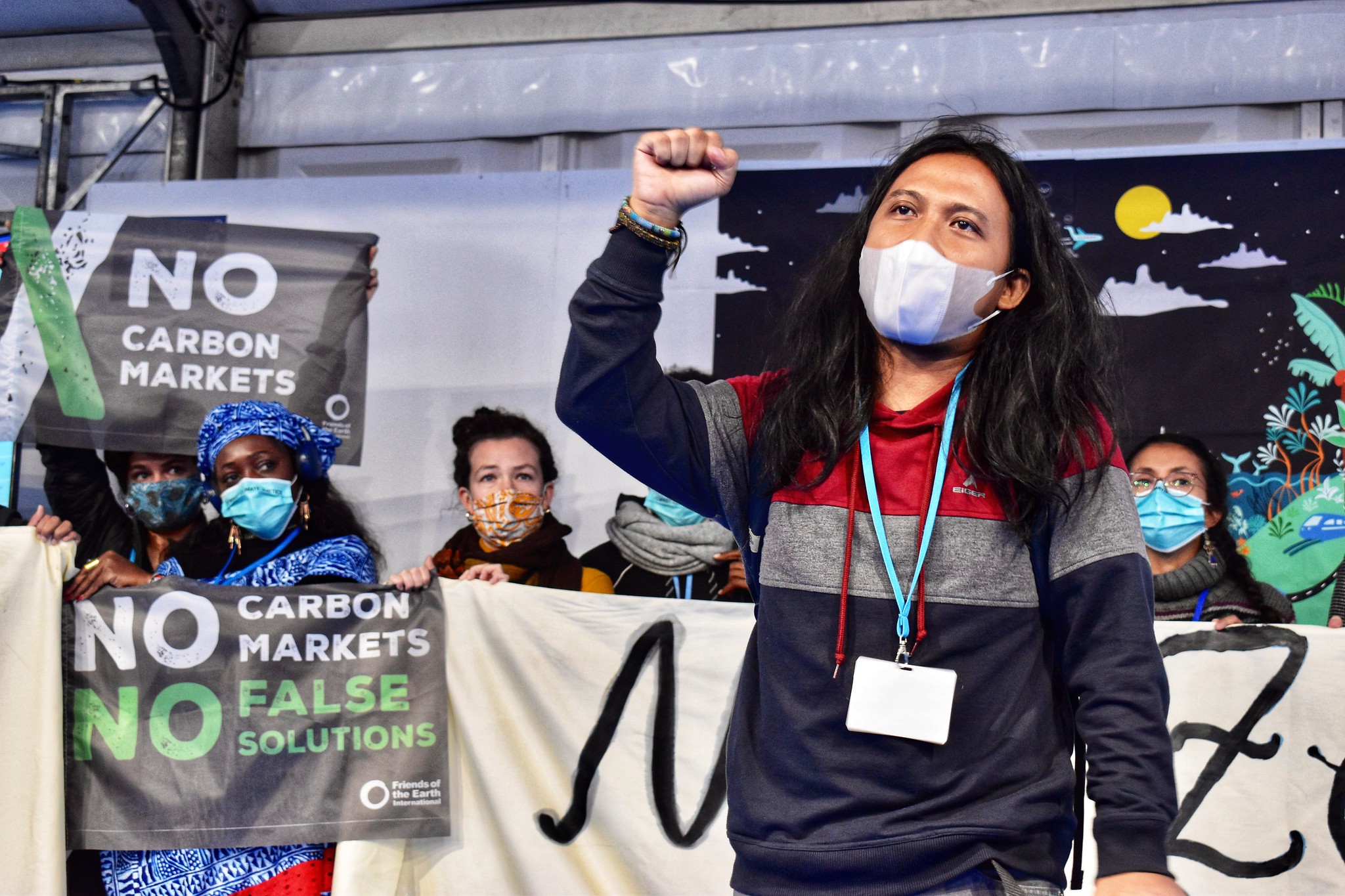
Biofuels in petrol are driving wildlife loss – new report
Increasing the use of biofuels in petrol will have devastating impacts on wildlife, a new scientific assessment has shown.
The report, by the European Commission’s Joint Research Centre, estimates that 85% of biodiversity will be damaged across 17,000 square kilometres of natural habitats around the world that are under risk of being converted to farmland as a result of EU biofuel targets.
Commenting on the new research, Stan Blackley, Chief Executive of Friends of the Earth Scotland, said:
“Biofuels were once seen as one of the potential solutions to environmental pollution and climate change, but big business and ill-informed governments have scaled up their production to such a level that they are now a major problem, as our increased use of these biofuels is pushing up food prices, driving climate change, contributing to habitat loss, and killing off wildlife as well.
“If we continue to expand biofuels for use in Europe’s cars, it is going to threaten biodiversity that is already disappearing at an alarming rate. Biofuels are not the answer. It is also obscene to be growing food in such large quantities just to burn it in our cars, and to be destroying so many forests, peatlands and meadows into the bargain. Biofuels are a disaster for the climate and wildlife and the EU needs to think again.”
The European Union’s Renewable Energy Directive (RED) includes a 10% target for the use of renewable energy in road transport fuels by 2020. This additional demand for biofuels will require the growing of more fuel crops elsewhere in the world, such as sugar beet, soy bean, wheat and rapeseed, which will increase the amount of land in other countries that is changed from wildlife habitat to farming land.
The research indicates that habitats in Brazil, Sub-Saharan Africa and the the former Soviet Union countries will be hardest hit: “The extensive use of bioenergy crops will increase the rate in loss of biodiversity,” it concludes.
One such area, Brazil’s Cerrado – the most biodiverse savanna in the world – is already under pressure from expanding agriculture, with 54 species “red-listed” as endangered, including the Brazilian Big-eyed Bat, Giant Anteater, Pampas Cat and Maned Wolf.
After continual controversy and delay, EU chiefs are on the verge of deciding how to deal with the greenhouse gas emissions associated with ‘indirect land use change’ from expanding biofuels.
EU officials will tomorrow (Friday 18 November) present their assessment of scientific studies, which have consistently shown that the negative impacts on global land use and the climate could reverse any benefits of biofuels. Friends of the Earth Scotland is calling for an urgent rethink of EU biofuel policy and an end to biofuel subsidies.
The EU has committed to halting biodiversity loss by 2020 – yet without reform, its biofuels policy will seriously undermine this commitment.
ENDS
For media enquiries, please contact: Per Fischer, Press Office, Friends of the Earth Scotland t: 0131 243 2719
Notes to Editors
1. Estimate of GHG emissions from global land use change scenarios – report
www.re.jrc.ec.europa.eu/bf-tp/download/Technical_Note_EU24817.pdf
2. Biodiversity Hotspots
www.biodiversityhotspots.org/xp/hotspots/cerrado/pages/biodiversity.aspx
3. Assessing the Land Use Change Consequences of European Biofuel Policies – report
www.trade.ec.europa.eu/doclib/docs/2011/october/tradoc_148289.pdf
4. Friends of the Earth Scotland is * Scotland’s leading environmental campaigning organisation * An independent Scottish charity with a network of thousands of supporters and active local groups across Scotland * Part of the largest grassroots environmental network in the world, uniting over 2 million supporters, 77 national member groups, and some 5,000 local activist groups – covering every continent.
www.foe-scotland.org.uk
